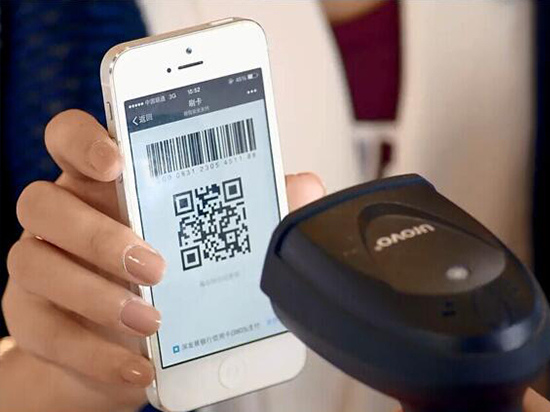
Photo credit: Keke286.
QR codes – those cryptic matrix barcodes that contain scannable information – arrived in China from Japan way back in 2010. But it really took off a couple of years later, after ecommerce giant Alibaba and social network titan Tencent adopted it to push digital payments for their businesses. Now you see them everywhere in Chinese cities – it’s in fact the most popular payment method in China.
With Alibaba’s Alipay and Tencent’s WeChat paving the way in China, it was only a matter of time before Indian players woke up to the possibilities of QR codes. For example, India’s current startup hero Paytm recently announced that 1 million merchants are using its QR codes for digital payments, without the need for card-swiping machines. Paytm introduced its QR code service last year.
Today, the Indian government has asked digital payment networks RuPay, MasterCard, and Visa to have a common QR code-based tech to help merchants leapfrog the plastic money phase, local media reports. Merchants could display a QR code at their cash register, which customers can scan using their mobile phones and pay through either RuPay, Mastercard, or Visa app. They don’t need a debit or credit card.
This inter-operable QR code is billed India QR, for now at least.
Like Paytm, Visa and MasterCard already have their own QR code systems – mVisa and Masterpass QR service respectively. But none of them are yet inter-operable. That means the money transacted could only move within each one’s own network. India QR would change that. It’s expected to launch in January.
See: Can’t eat paper profits: India’s startup ecosystem has a vital cog missing
Since Indian prime minister Narendra Modi announced a shock demonetization move on November 8, the country has been facing an acute cash crunch.
Even after a month, most citizens are struggling with forced austerity as ATM machines and banks run out of cash within hours every day. The move, which was initially lauded as a sharp strike against black money hoarders, is now being widely criticized as Tughlaqian. Most of us in India on social media have been beginning and ending each day with memes about it. Meanwhile, digital payment companies like Alibaba-backed Paytm are laughing all the way to the bank.
This post https://www.techinasia.com/india-goes-for-common-qr-codes appeared first on Tech in Asia.
from Tech in Asia https://www.techinasia.com/india-goes-for-common-qr-codes
via IFTTT
No comments:
Post a Comment